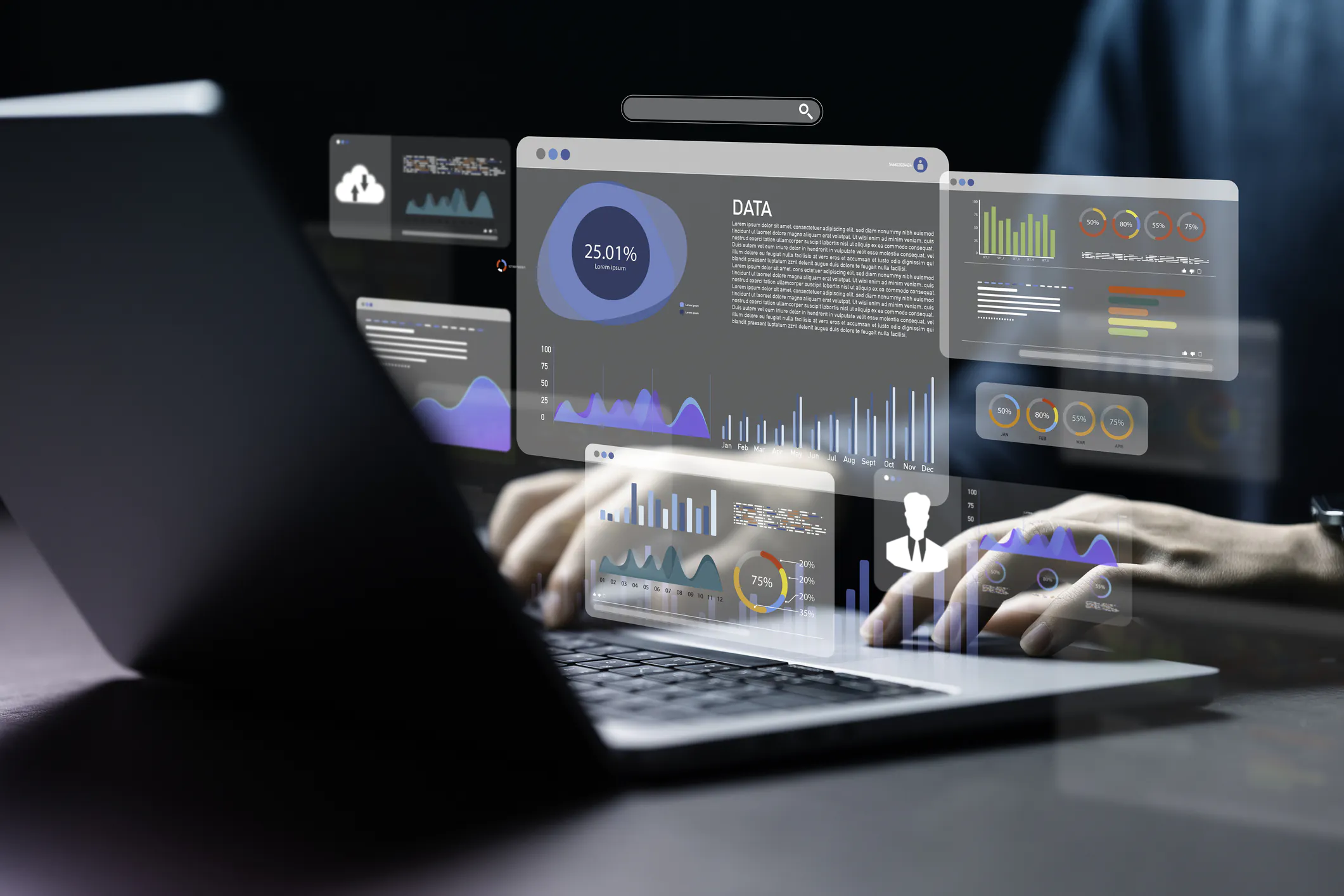In today’s rapidly evolving business landscape, data is no longer a luxury—it is a necessity. The ability to harness data effectively determines the success or failure of many modern businesses. This blog explores the Function of Data Analysis, its significance, and how it shapes decision-making processes, ensuring businesses stay ahead of the competition. Let’s dive in!
Book a demo to experience the meaningful insights we derive from data through our analytical tools and platform capabilities. Schedule a demo today!
Request a Free DemoTable of Contents
What is Data Analysis?
Data analysis refers to the process of inspecting, cleaning, transforming, and modeling data to discover useful information, inform conclusions, and support decision-making. It encompasses several methods and techniques aimed at interpreting data to generate actionable insights.
Why is Data Analysis Important?
1. Enhances Decision-Making
One of the most critical Roles of Data Analysis in Decision-Making is providing factual insights. Data-driven decisions reduce the reliance on guesswork and help businesses make informed choices.
2. Identifies Business Opportunities
By Analyzing Business Data, organizations can uncover trends, patterns, and opportunities to drive growth and innovation.
3. Improves Efficiency
Real-Time Data Analysis ensures that businesses can respond swiftly to market changes, optimizing processes and resources effectively.
4. Enables Personalization
Businesses can deliver personalized customer experiences through Predictive Analysis Techniques and Statistical Data Analysis, building stronger customer relationships.
| Benefit | Description |
|---|---|
| Better Decisions | Based on data-driven insights rather than intuition. |
| Increased Efficiency | Identifies process bottlenecks for improvement. |
| Enhanced CX | Personalizes offerings and improves customer satisfaction. |
| Risk Mitigation | Identifies potential risks before they escalate. |
Key Functions of Data Analysis
The Key Functions of Data Analysis include:
- Data Collection: Gathering data from primary and secondary sources.
- Data Cleaning: Removing inconsistencies and inaccuracies.
- Data Interpretation: Turning raw data into meaningful insights.
- Visualization: Presenting data in formats that facilitate understanding, like charts and graphs.
- Predictive Modeling: Using historical data to forecast future trends
Methods and Tools for Data Analysis
Popular Data Analysis Methods
- Descriptive Analysis: Summarizes historical data to identify patterns.
- Diagnostic Analysis: Explores reasons behind specific outcomes.
- Predictive Analysis: Anticipates future outcomes using statistical models.
- Prescriptive Analysis: Suggests actionable strategies based on data.
Essential Data Analysis Tools
- Excel: For basic statistical analysis and visualization.
- Tableau: A powerful tool for creating interactive dashboards.
- Python/R: Programming languages for advanced analytics and modeling.
- Power BI: Helps visualize data in intuitive ways.
- Google Analytics: Tracks website data to optimize user experience.
| Tool | Function |
| Excel | Basic analytics and calculations. |
| Tableau | Interactive data visualization. |
| Python/R | Advanced modeling and statistical computation. |
| Power BI | Business intelligence and data reporting. |
Applications of Data Analysis in Modern Business
1. Marketing Optimization
Predictive Analysis Techniques allow businesses to identify customer segments and tailor marketing campaigns.
2. Financial Planning
Statistical Data Analysis ensures precise financial forecasting and risk assessment.
3. Product Development
Insights from Data Interpretation guide product design and feature enhancements.
4. Operational Efficiency
Real-Time Data Analysis minimizes downtime and streamlines workflows.
Quantzig’s Expertise in Data Analysis
Quantzig is a global leader in providing data-driven solutions for businesses. Their services include:
- Comprehensive Business Data Analysis: Tailored solutions to address unique challenges.
- Predictive Modeling and Analytics: Leveraging historical data for actionable forecasts.
- Real-Time Data Analysis: Helping businesses stay agile and responsive.
- Visualization and Reporting: Delivering clear and impactful insights through advanced tools.
With Quantzig, businesses can seamlessly transition to a data-driven model, unlocking unparalleled growth opportunities.
Conclusion
The Importance of Data Analysis in modern business strategies cannot be overstated. It empowers organizations to make informed decisions, improve efficiency, and unlock new opportunities. By leveraging the right Data Analysis Tools and methods, businesses can stay competitive in an ever-changing market.
As a trusted partner, Quantzig can help you harness the power of data analysis to revolutionize your business strategies. Are you ready to take the leap?
Get started with your complimentary trial today and delve into our platform without any obligations. Explore our wide range of customized, consumption driven analytical solutions services built across the analytical maturity levels.
Start your free trial



